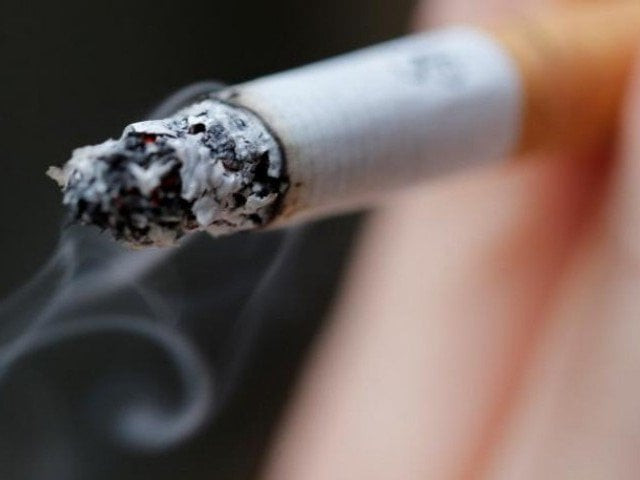Tax evasion in Pakistan’s tobacco industry
Pakistan’s tobacco sector presents a suitable target for the country’s tax collection goals

Collecting revenue in the form of taxes is a vital requirement for the wellbeing of any country. It ensures the state the ability to offer citizens access to continuously improving public services, while carving a path towards a country’s development.
Pakistan currently faces an economic dilemma in the shape of a variety of loans and borrowings. With one of the lowest tax to GDP ratios in the developing world, Pakistan also faces a growing informal economy. There is a strong need to redirect lost tax revenues to investment in public services such as education, health, and infrastructure development.
Presently operating mostly in the dark, Pakistan’s tobacco sector presents a suitable target for the country’s tax collection goals. The reason for this is the sheer size of the tobacco industry, currently standing at approximately 81 billion sticks per year. This number is divided between two main categories; the legal, and the illegal. The legal operations in the tobacco industry account for a 60% market share, while the illicit trade takes up a staggering 40% of the entire sector.
The revenue collected from the excise duties and sales taxes levied on cigarettes is an important contributor to the national exchequer. During FY 2019-20 alone, the government generated PKR 117 billion in revenues from tobacco.
Also read: Pakistan losing revenue due to tax evasion
In difficult times like the Covid-19 crisis, the average consumer looks to gain access to more affordable options in consumables, even cigarettes. Illegal cigarettes in Pakistan, offer just that; a cheap alternative to original products, that evades all sales and excise taxes. The growing number of illegal cigarette manufacturing operations has now become a very serious concern, not just for the government, but for every individual Pakistani citizen.
If this loss of PKR 77+ billion every year comes within the tax net, it could result in the building of more than 500 hospitals around Pakistan, housing 25 rooms, equipped with 10 beds for emergencies, 5 for the ICU, 10 beds for the general ward and ten more for labor wards. It is estimated that these avant-garde facilities would cost PKR 136 million per hospital, and capable of treating close to 34,000 patients per day
Another efficient use of the additional PKR 77 billion to the national exchequer would be to invest in education. That amount would allow the government to build 22 new universities, capable of accommodating 2,20,000 students per year. The total cost per university would amount to PKR 7 million. The federal education budget for this year is PKR 83 billion, and the revenue lost to illegal cigarette manufacturing and trade makes up 92% of it.
This tax evasion menace will continue to harm the nation’s economy and its right to progress. It is predicted to cross PKR 462 billion, only in the next 6 years. The time to act against illegal businesses is now, and it starts with awareness.



















COMMENTS
Comments are moderated and generally will be posted if they are on-topic and not abusive.
For more information, please see our Comments FAQ